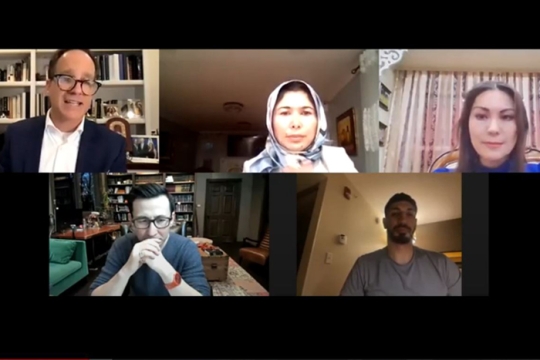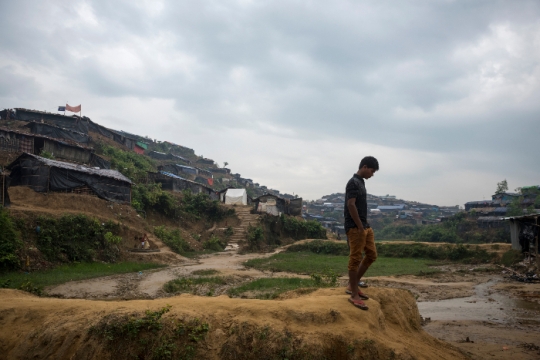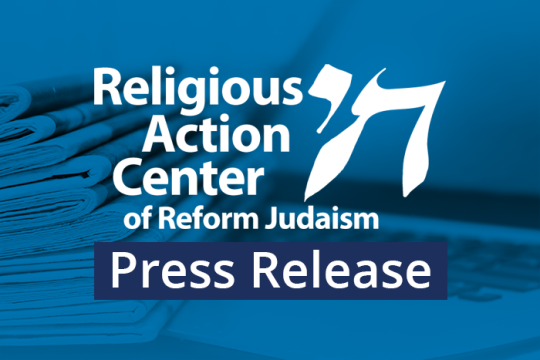

The Reform Movement has been an outspoken and steadfast advocate for people around the globe who suffer torture, slavery, starvation, and death because of their religious identity. Having been the victims of religious persecution over the centuries, Jews know what happens when people stand silently by in the face of discrimination and oppression of others. As we seek to live our lives conscious of being created in God's image, we must work to ensure that no one is discriminated based on his or her religious beliefs.
In 1998, President Clinton signed the International Religious Freedom Act into law. This landmark piece of legislation included the following:
The International Religious Freedom Act also created a 10-member independent governmental commission entitled the U.S. Commission on International Religious Freedom. The group is charged with advising the President and Congress on strengthening religious freedom and combating religious persecution worldwide. This body is appointed by both Democratic and Republican Leadership, as well as from the Legislative and Executive Branch. As part of the its mandate, the Commission must produce a report on religious persecution following the State Department's release of its annual human rights report and recommend policy to address issues of international religious persecution. Rabbi David Saperstein, Director of the Religious Action Center, was unanimously elected to be the Commission's first Chairman. Tony Perkins, president of the Family Research Council, is the current chairman.
The 2019 International Religious Freedom Annual Report named 10 "countries of particular concern”: Burma, China, Eritrea, Iran, Nigeria, North Korea, Pakistan, Saudi Arabia, Sudan, Tajikistan, and Turkmenistan. An additional 6 nations- Central African Republic, Nigeria, Russia, Syria, Uzbekistan, and Vietnam- have been labeled as countries that “meet the CPC standard and should be so designated.”
Our tradition teaches us that: "God said to Moses: Is there anyone whom I do not respect? Whether it be Israelite or Gentile, man or woman, slave or handmaid, whoever does a good deed, shall find the reward at its side" (Midrash Yalku Lekh Leka 76). God is sending us a message here and that message is clear — God will judge us based on our deeds, not our religious beliefs. As we seek to live our lives conscious of being created in God's image, we must work to ensure that no one is discriminated based on his or her religious beliefs.
The Jewish community has been the quintessential victims of religious persecution, and of all people, we understand the duress of this persecution and will devote ourselves to any measures designed to lessen its impact. It is our duty and obligation to prevent this persecution in the future.
Learn more about the position of the Reform Movement on these key issues, and read the formal resolutions by URJ and CCAR.




